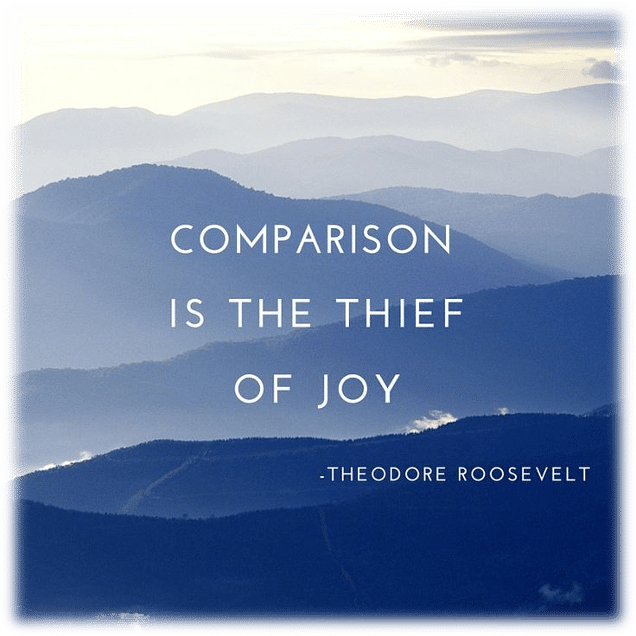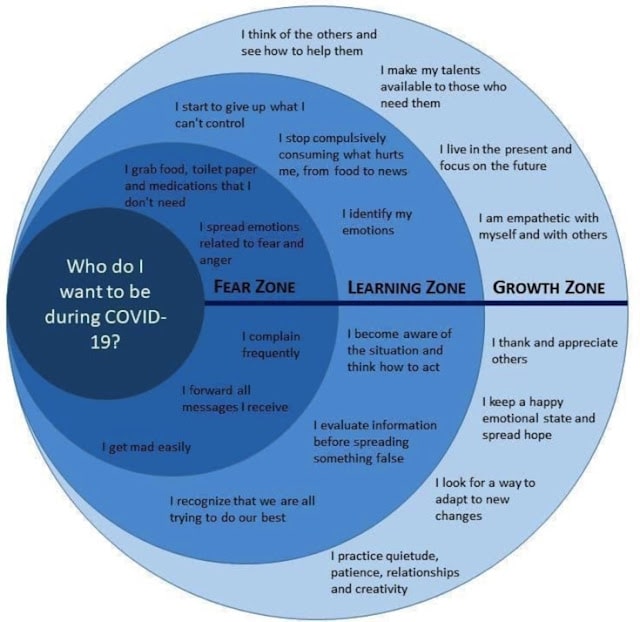In my previous post I presented the research that suggests that the best thing we can do for our children is help them to find and to follow their passions; that’s the surest way to happiness, to success in all its forms, and to a life well-lived. That message has been reinforced to me each year at our annual Careers Fair and Options Evening. What comes across time and time again in conversation and from presentations was that grade 8 options can lead to almost any Diploma Package (you don’t, for example, need to study economics, or geography, or history at IGCSE to do them at DP level) and that almost any DP options can lead to almost any career (more on this below). So there are many, many routes from grade 8 to DP, to university and to the world of work. The professionals at the Careers Fair were clear that they are looking for people who will love what they do – because people who love what they do are going to be more successful. Perhaps that’s rather different to earlier times, and a reflection of how today’s world of work is an incredibly flexible place.
This comes across in different ways. One year I was struck by one senior executive who said that when appointing, he was far more interested in who a person was, and how they developed during their education, than on the detail of which courses they took. I was also delighted to reconnect with a UWCSEA alumnus I taught in 2001. He always loved abstract ideas, but at school was unsure of a particular direction – so he went on to study Philosophy at NYU. He is now a IT corporate trainer with a global IT company. The lack of specific pathways between University course and career may be a bit of a surprise, but it’s a very welcome one, and it’s beautifully illustrated by mathematician Satyan Devadoss in a wonderful interactive graphic on his website. He looked at the majors taken by over 15,000 Williams College alumni, and the career destinations, taken in broad groups.
In the graphic below you can see the career destinations of all Economics majors. And as you can see, while a substantial number end up in Banking/Finance, some move to every single career sector, including Health/Medicine and Arts/Entertainment.

Perhaps more surprisingly, the same is true for every other subject; the graphic below, for example shows this for Literature and the Arts; some of these graduates end up in Law, Banking/Finance, Health/Medicine, for example.

The conclusion is inescapable, and beautifully shown below; that all options are possible from all backgrounds.

This is enormously liberating, and means that we do not need to trade off career aspirations against passions. There is no conflict. In fact, there is alignment, because when you follow your passion you stand out from the increasingly well-qualified and globally mobile crowd. This is, I hope, as welcome news for grade 6 parents as it is for grade 11 parents. The brute fact is that it does not really matter what subject you study at University – the same work will be available to you. Far more important is to excel in your chosen area, and for your chosen areas to provide you with meaning and joy.


